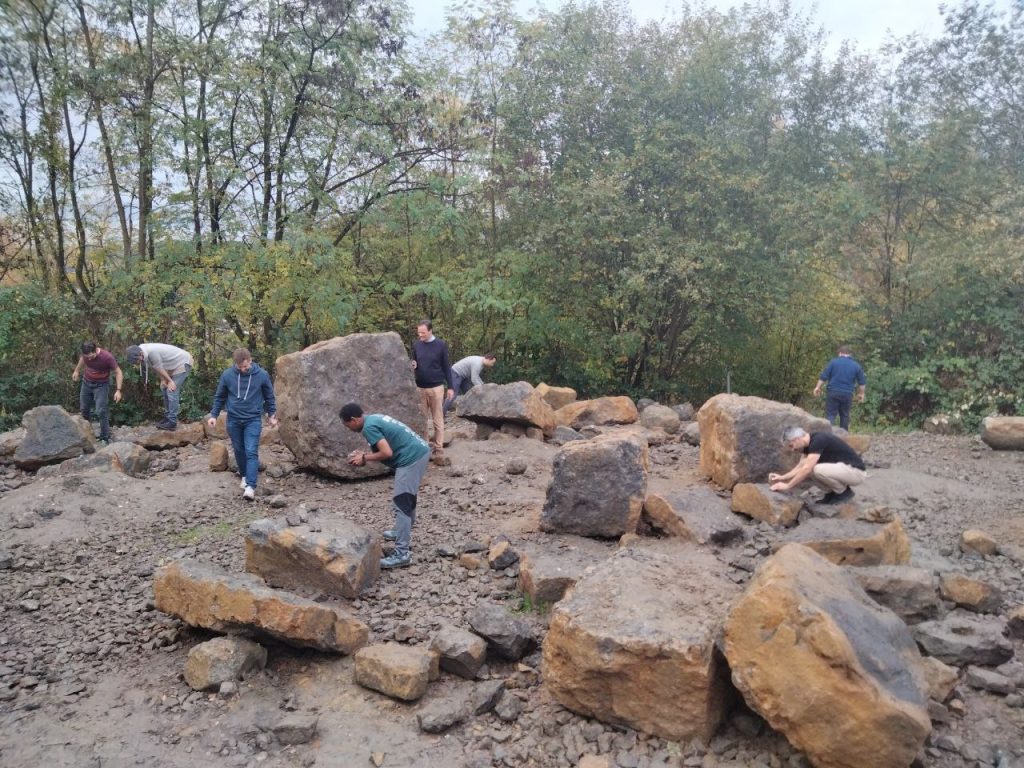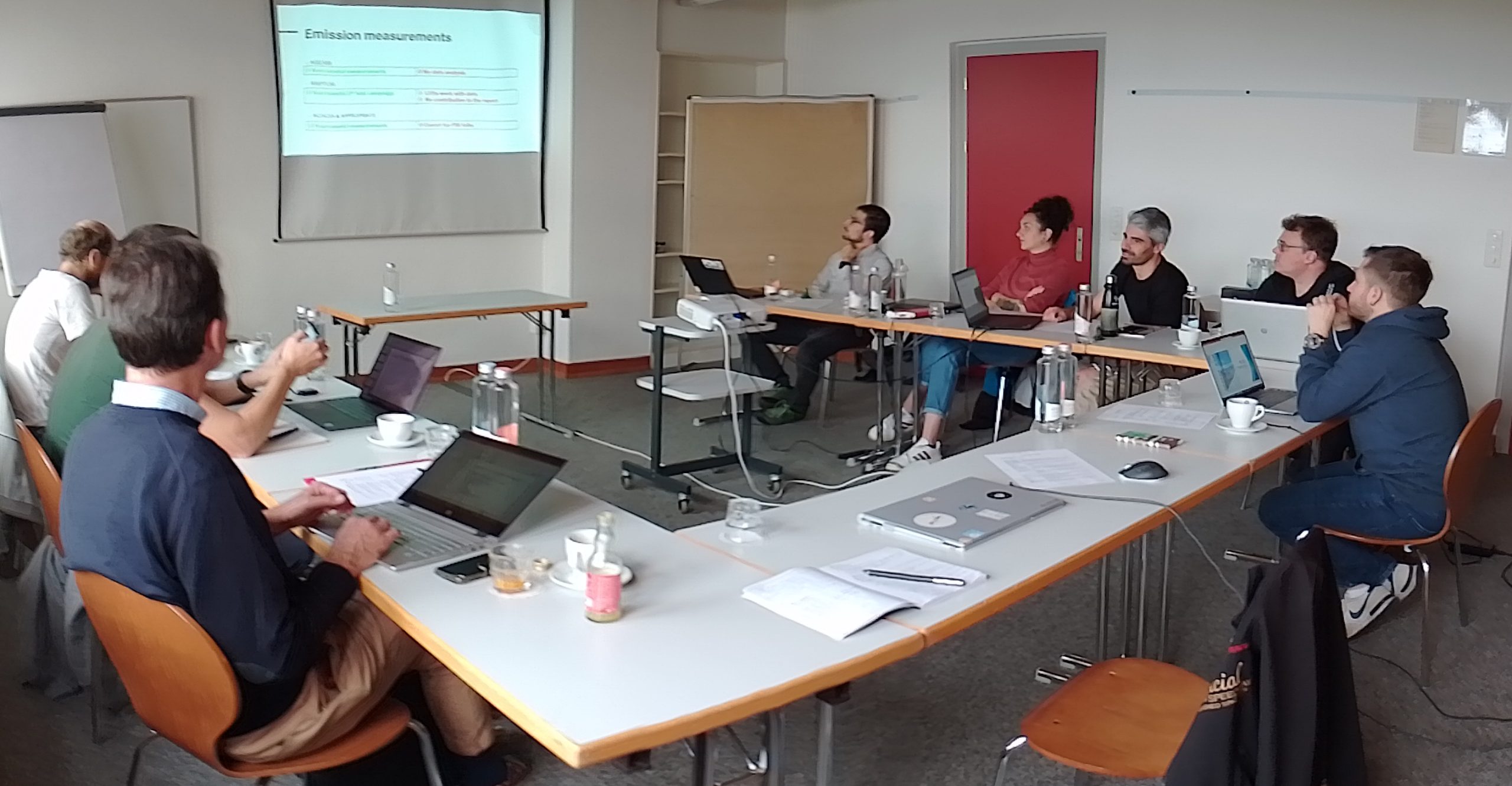Navigation menu
- Education
- Emissions & Air Quality
- Infrastructure & Services
- Meteorology & Climate
- News
- Physical Chemistry
- Projects
- The Team
After a year of executing our previous goals and strategies and changes in personnel, the present METENVIA team embarked on a journey away from the noise of the city for a quick internal assessment and renewal, a retreat. During this period at Herzberg in Aargau, Switzerland, we evaluated and renewed our focus, strategy, and drive for excellence for the coming years. It was an atmosphere for growing the team’s camaraderie and encouraging one another on the importance of a healthy mind and body.
After reflections and resolutions, the team explored a part of earth’s history at the dinosaur museum in Frick, and captivating exhibitions of nature’s gift of science and technology to man at the Swiss Science Center, Technorama in Winterthur.

Mission update
Out of this retreat, we, as METENVIA, updated our mission statement for the near future with the following overarching goals:
- First, we aim to generate new scientific knowledge, e.g., about the environmental and health burden of aircraft engine emissions. We are convinced that passenger aircraft will rely on gas turbine engines for the next decades. Therefore, with our engine emission measurement data, we analyze various elements impacting emission characteristics, such as environmental factors, fuel composition, engine technology and engine age. Aircraft emissions and their impact on regional air quality within the boundary layer and on the ground are still poorly understood despite many years of work. Thus, through modeling studies, we aim to visualize and quantify aviation’s effect on the chemical composition of the air. We perform ambient air quality assessments through measurements and models. Here, we identify and quantify different sources of particulate emissions and the exposure of the population.
- Second, we address the micro-meteorological dimension of the atmosphere, mainly focusing on improving the knowledge base of urban heat island mitigation, and other small-scale meteorological features. In the field of aviation meteorology, our vision is to improve the awareness of aviation staff towards weather-related factors by focusing on easy-to-understand teaching methods and simulation and visualization of meteorological processes. We also support knowledge transfer within the meteorological community, e.g. with workshops, as much as possible.
- Finally, we act as consultants whenever knowledge generation about environmental protection or climate change mitigation and adaptation is required. This includes, among others, modelling studies or redactional support.
We are driven by the urgent need to address global climate change and environmental protection through paradigm shifts within all branches of mobility.
